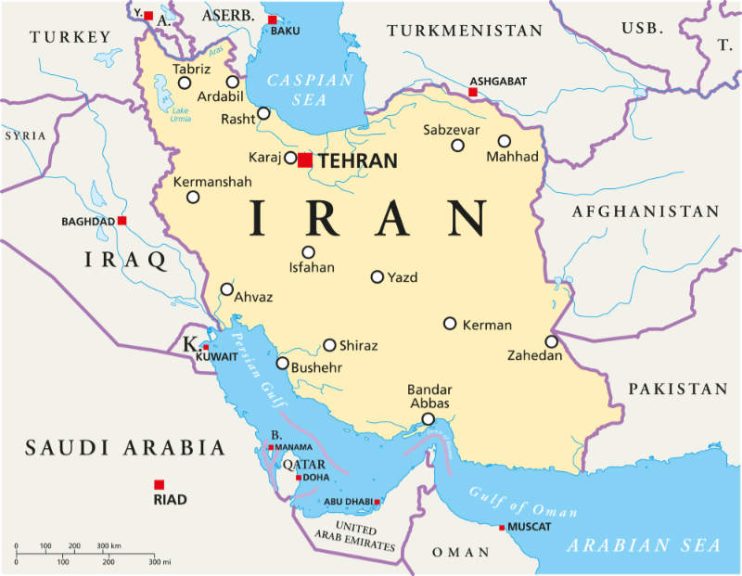Russia’s Foreign Minister, Sergey Lavrov, met with Foreign Minister of the Islamic Republic of Iran Abbas Araghchi on July 15, (Tuesday) on the sidelines of the Shanghai Cooperation Organisation’s (SCO) Foreign Ministers Council Meeting in Tianjin, China.
They continued their exchange of views on regional and international issues of mutual interest. They reiterated the imperative of resolving the crisis surrounding Iran’s nuclear programme exclusively through political and diplomatic means, in strict compliance with international law.
In terms of Iran’s nuclear programme, Tehran says this is required to provide electricity generation for the country and to provide it with electricity export capabilities to neighbouring Pakistan, where Baluchistan Province has become unstable and subjected to terrorism. Pakistan is energy poor yet wants to industrialise and get its 247.5 million population properly to work. Giving it access to Iranian energy exports would be a huge boost. Israel however continues to stand in the way on the basis that Iran could also develop nuclear weapons. Any future aggression over Iran could later involve Pakistan, a fellow SCO member.
Araghchi also addressed the SCO Ministers and proposed the establishment of “a permanent mechanism to monitor, document and coordinate responses to military aggression, acts of sabotage, state terrorism, and violations of national sovereignty of member states.” He also suggested launching a regional security forum involving defence and intelligence agencies. However, that would lock the SCO into a de facto alliance against Israeli / United States aggression and could provoke unwanted reactions from Washington.
For Iran, SCO membership opens avenues for diplomatic and economic ties beyond the West. Additionally, Iran received a major diplomatic boost at the BRICS summit in Brazil last week following the Israel-U.S. strikes on its nuclear facilities. China and Russia both said they were aligned with Tehran’s position, which could assist in obtaining more SCO collective support. Iran also has strong relations with fellow SCO members, and especially Pakistan.

There have been other recent regional developments regarding Iran, which is a key part of the International North-South Transport Corridor (INSTC) which provides freight access between Russia and South Asia. These include extending the Agro-Express high speed rail service to allow perishable items to transit along the route, an extension of the INSTC rail network to Baghdad, development of a combined Commodities Exchange with CIS countries, the creation of a Russo-Iranian shipbuilding consortium to deliver vessels for Caspian Sea use, and joint Russo-Iranian satellite production, among others.
Further Reading
Eurasian Economic Union, Iran, Free Trade Agreement Effective From May 15

 Русский
Русский













